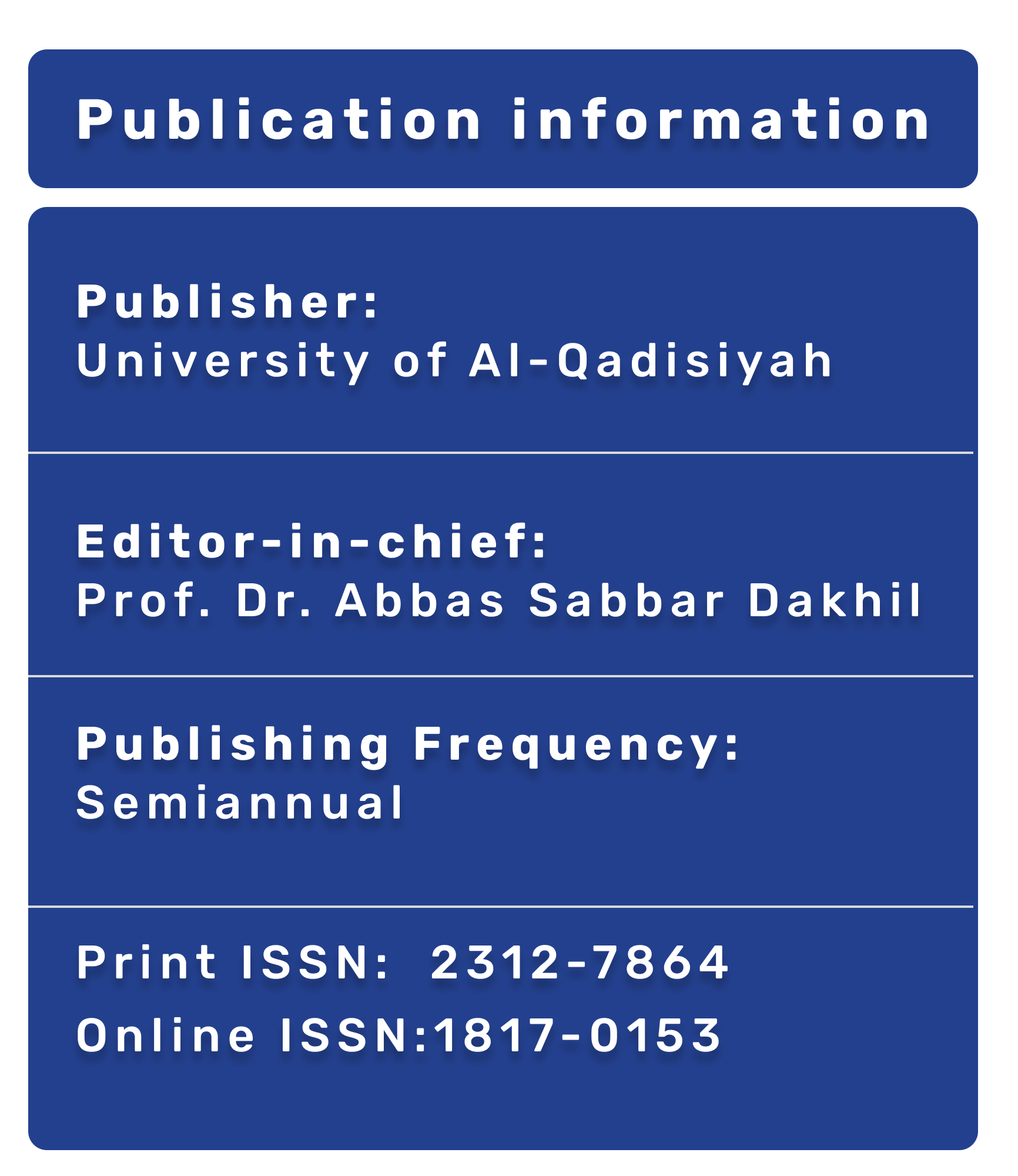Folic acid deficiency associated with mitochondria DNA damage in beta thalassemia major
DOI:
https://doi.org/10.28922/qmj.v18i2.797Keywords:
Folic acid, mitochondrial DNA, Beta thalassemia majorAbstract
Background: Folate deficiency has been found in Beta-thalassemia major (?-TM ). However, its impact with mitochondria DNA damage status has not been addressed. The study aimed to investigate the serum folic acid in ?-TM patients and to determine an association between serum FA deficiency and mitochondria DNA damage.
Methods: A total of 80 patients who were diagnosed with ?-TM patients were enrolled in the study and divided into two groups:45 ?-TM who were not receiving folic acid (FA)and 35 ?-TM who were receiving folic acid 5 mg/day (?-TM +FA), 40 healthy subjects were consider as control. A blood sample (5 ml) was taken from all study groups. 1 ml was used for the complete blood count (CBC) Neutrophils/lymphocytes ratio analysis and mtDNA damage by conventional PCR. Serum was separated from other 4 ml of blood by centrifugation for folic acid analysis by immunochromatographic assay. serum Ferritin was measured by an enzyme-linked fluorescence immunoassay.
Results: the results were demonstrated a significant decrease in serum folic acid (P < 0.05) in both patients groups as compared with control (P<0.05).Serum ferritin levels increased significantly in both patient groups as compared with control. The results of conventional PCR for mtDNA damage showed mtDNA damage in ?-TM compared to control.
Conclusion: The folic acid deficiency and iron overload due to repeated blood transfusion in patients with ?-TM may cause more mtDNA damage.








